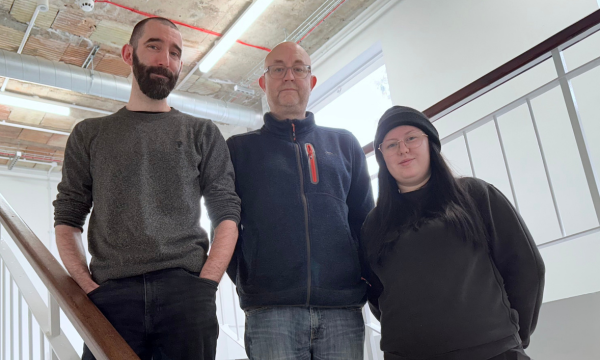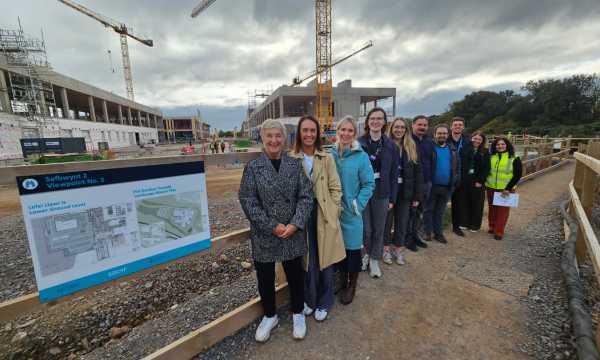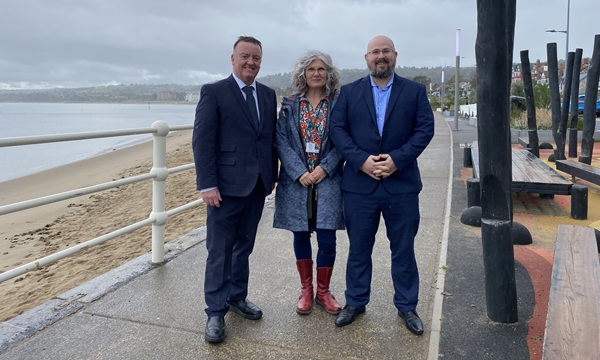Law firm Hugh James has published a new white paper setting out practical recommendations for delivering decarbonisation in the housing sector.
The paper, titled ‘How to Impact Your Decarbonisation Strategy’, is based on insights from a roundtable hosted by Hugh James. The event brought together senior figures from across housing, finance, construction, and energy to explore what’s working on the ground, and what needs to change to deliver net zero at scale.
Key themes included regulatory inconsistency, funding models, skills shortages, and the challenge of scaling up from isolated pilots to sector-wide impact. Case studies were shared from leading housing providers and developers who are already delivering low-carbon homes, many through collaborative partnerships and innovation funding.
One such initiative is the scheme being rolled out by Octopus Energy, offering homes that integrate solar PV, battery storage and heat pumps that can facilitate “Zero Bills” homes. These homes would come with no energy bills for residents over a fixed period.
“Zero bills for our customers – what a great thing to be able to offer,” said Victoria Bolton, Director of Development and Regeneration at United Welsh.
The white paper also highlights the need to align funding mechanisms with long-term value.
Sarah Lavender, from Principality Building Society, commented:
“The Society understands that funding decarbonisation within the housing sector can be challenging and we are exploring ways in which we can assist, whether that be within the Social Housing sector, the home mortgage market or in residential development where we already have a green product in operation.”
From a legal and strategic standpoint, Hugh James emphasises the importance of collaboration across disciplines, helping clients navigate planning, procurement, contracts, and resident engagement.
“Don’t overengineer,” suggested Emma Fletcher, Low Carbon Director at Octopus Energy. “People just want homes that are warm, easy to control and manage, and cheap to run.”

Reflecting on the roundtable, Caroline O’Flaherty, Partner at Hugh James and chair of the event, said:
“It was a privilege to bring so many different voices together, collaboration is key to delivering affordable, low-carbon homes at scale. There’s no one-size-fits-all answer, but the knowledge and innovation already in the sector is powerful. We must focus on scaling what works, supporting investment with clear valuation mechanisms, and empowering residents to realise the benefits.”
The full white paper is available now and includes recommendations tailored to policymakers, funders, housing providers, and supply chain stakeholders












